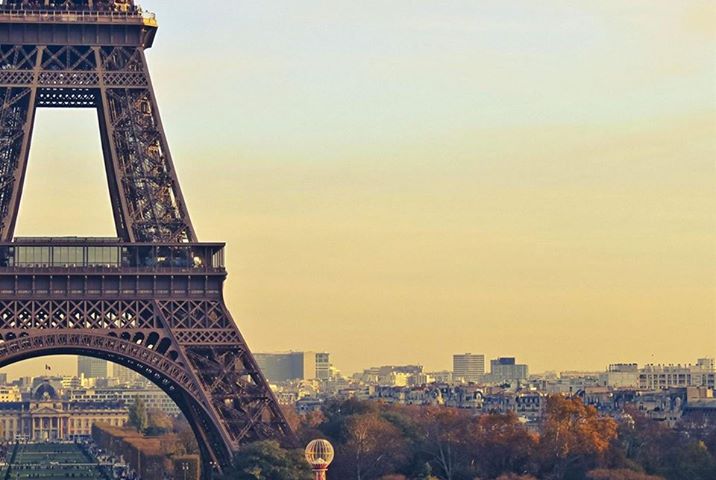When Woody Allen’s sexual abuse allegations resurfaced last week and loyal fans slipped into a state of shock, I was reminded of an affliction called the Paris Syndrome.
The name conjures up images of wannabe-hipsters drawing curlicue mustaches on their fingers and “That ’70s Show’s” Eric Forman falling prey to his anticipated college “beret-wearing phase,” but the disorder is more serious than it sounds. Every year, around a couple dozen tourists visiting Paris for the first time suffer psychiatric breakdowns when reality does not meet their deeply romanticized expectations of the City of Light. Paris — most notably in Japanese media — is portrayed as an idyllic city in which dainty fashion models skip down the winding, cobbled streets of the film “Amelie,” and attractive couples nibble on macaroons at quaint cafes along the Champs-Elysees.
Allen, with his trademark ’60s thick, black-rimmed glasses, tweed jacket and perpetually quizzical expression, outwardly appears as respectable as his five-decades-long Hollywood career. On Feb. 1, Allen’s adopted daughter Dylan Farrow defaced this image when she wrote in an open letter to The New York Times that the auteur had molested her when she was 7 years old — reopening the 1992 accusations that were before the times of many of us.
The media tends to reaffirm the positive image of high-profile American icons by making agreeable aspects more salient, while downplaying minor unfavorable instances. Farrow’s charges are by no means small enough to ignore. When people experience a discord between expectations and reality, many instinctually leap to reconcile these differences in favor of their long-standing perceptions. As expected, many have rushed to Allen’s defense without first evaluating the facts or likely even reading the entirety of Farrow’s public admission.
This is the wrong way to approach an unpleasant revelation. It is understandable that, for the fiercely devoted Woody buffs who can rattle off lines from “Manhattan” and “Annie Hall” by heart, even thinking about the possible truth of these accusations riddles them with anxiety. However, fans must understand that without his four Academy Awards and 24 nominations, Allen is as human as any other person. Celebrities, too, stand in line at grocery stores, get stuck in traffic and, unfortunately, also engage in illicit activities. The ugly truths behind charming onscreen personas might not be as evident as with the ever-morphing Michael Jackson, but they do exist, and fame doesn’t erase them.
Allen’s 2011 film “Midnight in Paris,” with its museum-like scenery and hackneyed romance-in-Paris theme, certainly did not help tourists banish their dreams of Parisian waiters bursting into song and dance. Allen fans should realize that by blindly defending an act they have never witnessed, they are likely only clutching onto an idealized worldview in which artistic genius and corruption are mutually exclusive.







